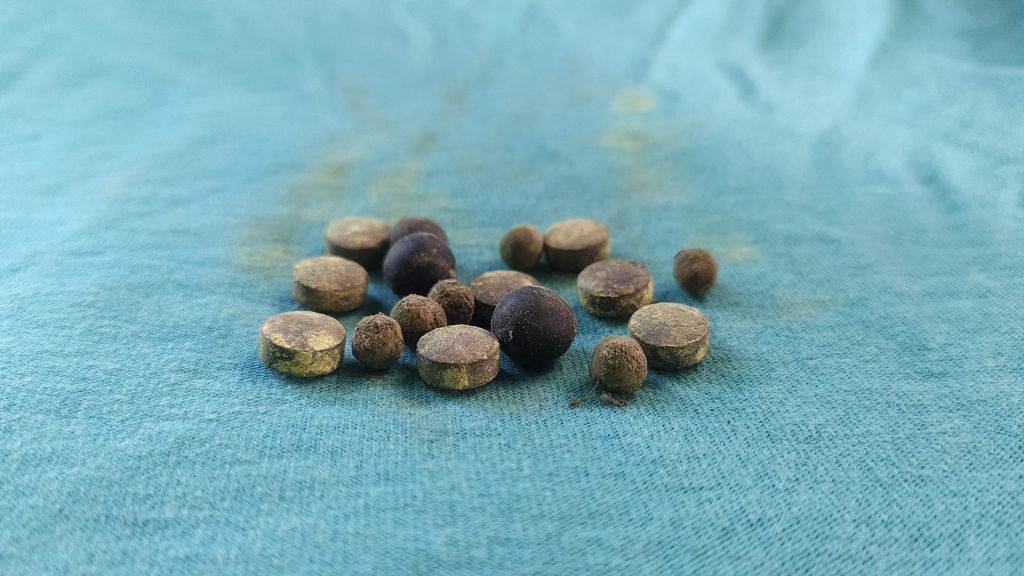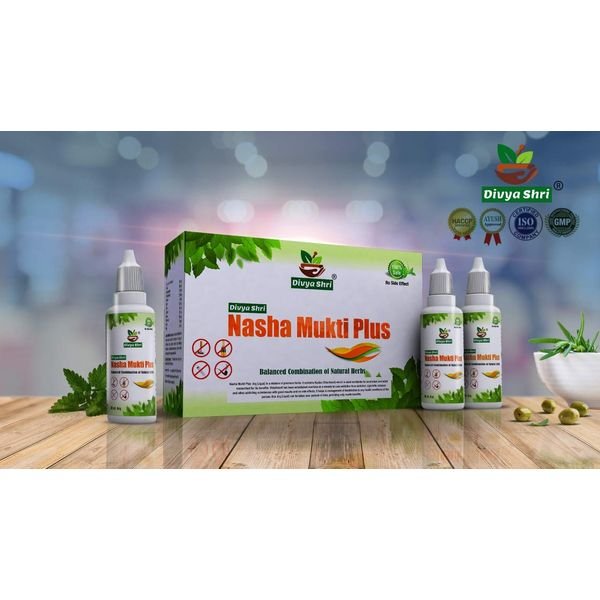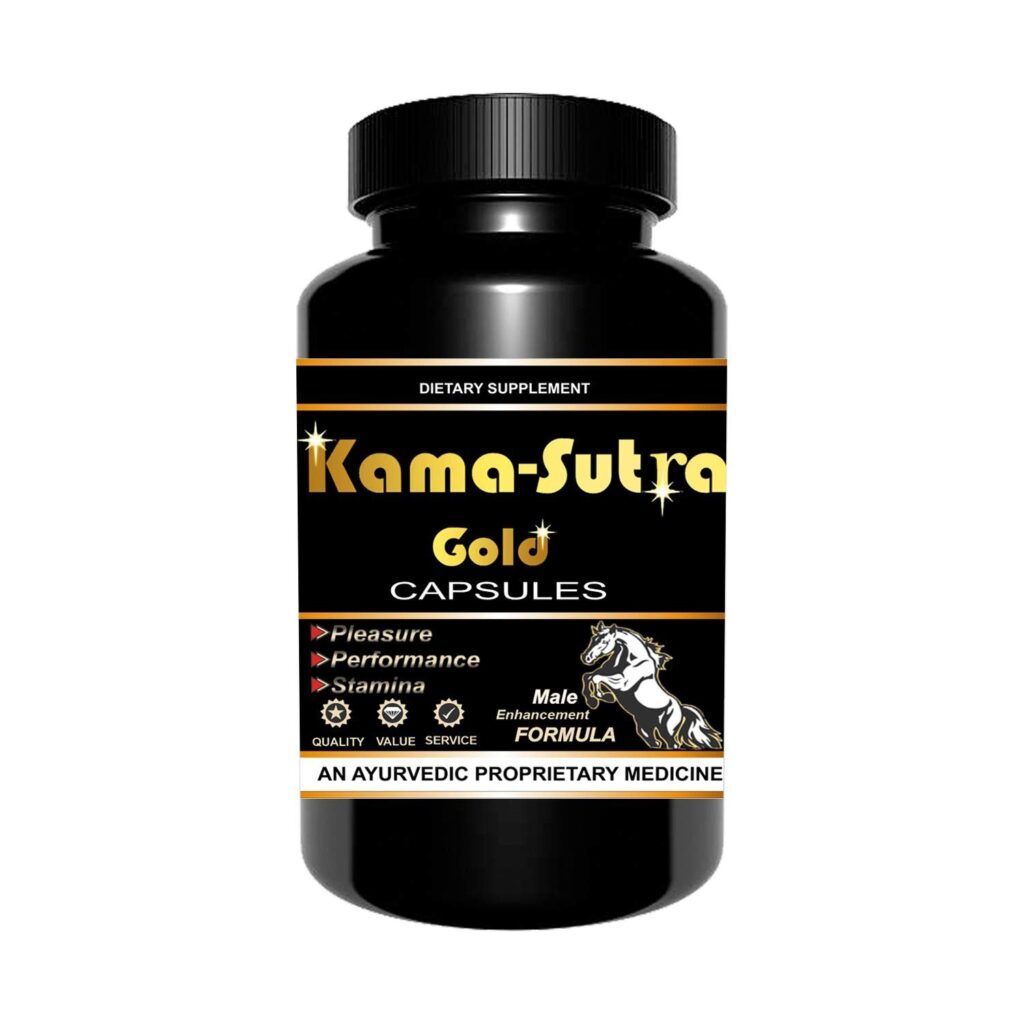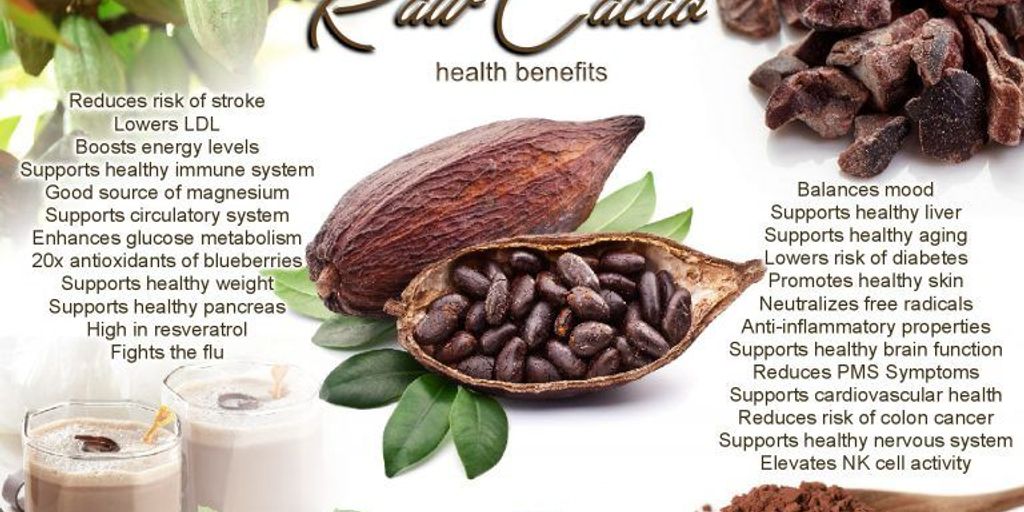Gallbladder stones can cause severe pain and discomfort, impacting daily life and overall well-being. This article explores the Ayurvedic approach to treating gallbladder stones, including principles, herbs, and diet. Additionally, it compares the effectiveness, safety, and cost of Ayurvedic medicine for gallbladder stones. Understanding these key aspects can help individuals make informed decisions about their treatment options.
Key Takeaways
- Ayurvedic medicine offers a holistic approach to treating gallbladder stones, addressing both the physical and emotional aspects of health.
- Certain Ayurvedic herbs, such as turmeric and dandelion root, have been traditionally used to support gallbladder health and may aid in the dissolution of gallstones.
- Following an Ayurvedic diet, which includes whole foods, herbal teas, and specific spices, can help prevent and manage gallbladder stones.
- While Ayurvedic medicine may be effective for some individuals, it is important to consult a qualified Ayurvedic practitioner for personalized treatment.
- Research on the long-term effectiveness and safety of Ayurvedic medicine for gallbladder stones is ongoing, and further studies are needed to establish its role in modern healthcare.
Understanding Gallbladder Stones
Causes of Gallbladder Stones
Gallbladder stones, also known as cholelithiasis, develop when the bile in the gallbladder becomes too concentrated, leading to the formation of crystals. Other contributing factors include a high-cholesterol diet, obesity, and rapid weight loss. Additionally, genetic predisposition and certain medical conditions, such as diabetes and liver disease, can increase the risk of developing gallbladder stones.
It is important to note that prevention plays a crucial role in managing gallbladder stones.
Symptoms of Gallbladder Stones
Gallbladder stones can cause various symptoms, including abdominal pain, nausea, and vomiting. In some cases, jaundice may also occur. The table below outlines the common symptoms of gallbladder stones.
| Symptom | Description |
|---|---|
| Abdominal pain | Pain in the upper abdomen |
| Nausea | Feeling of sickness |
| Vomiting | Forceful expulsion of stomach contents |
It’s important to note that the symptoms may vary from person to person. If you experience any of these symptoms, it’s advisable to consult a healthcare professional for proper diagnosis and treatment.
Diagnosis of Gallbladder Stones
Diagnosing gallbladder stones typically involves a combination of medical history, physical examination, and imaging tests. Common imaging tests include ultrasound, CT scan, and MRI. In some cases, a blood test may also be conducted to check for signs of infection or inflammation. It’s important to consult with a healthcare professional for an accurate diagnosis.
Note: It’s crucial to seek medical advice for proper diagnosis and treatment.
| Test Type | Purpose |
|---|---|
| Ultrasound | Visualize gallbladder and detect stones |
| CT Scan | Detailed imaging of gallbladder and stones |
| MRI | Identify gallbladder and stones in detail |
Ayurvedic Approach to Treating Gallbladder Stones
Principles of Ayurveda for Gallbladder Stones
In Ayurveda, the principles for treating gallbladder stones focus on restoring the balance of the three doshas – Vata, Pitta, and Kapha. This involves a combination of herbs, diet, and lifestyle modifications. The approach emphasizes the use of natural remedies and holistic healing methods.
Ayurveda teaches that the body has the innate ability to heal itself when brought into balance. This aligns with the belief that treating the root cause of the condition is essential for long-term wellness.
| Dosha | Description |
|---|---|
| Vata | Governs movement and flow |
| Pitta | Governs digestion and metabolism |
| Kapha | Governs structure and lubrication |
Ayurvedic Herbs for Gallbladder Stones
Ayurveda offers a variety of herbs that are believed to be beneficial for treating gallbladder stones. Some commonly used herbs include:
- Turmeric: Known for its anti-inflammatory properties.
- Dandelion: Helps in promoting bile production.
- Milk Thistle: Supports liver function and aids in detoxification.
It is important to consult a qualified Ayurvedic practitioner before using these herbs, as they may interact with other medications. Additionally, Ayurvedic herbs are often prepared in the form of decoctions, powders, or pills. A comparison of the effectiveness, safety, and cost of these herbs is provided in the table below:
| Aspect | Turmeric | Dandelion | Milk Thistle |
|---|---|---|---|
| Effectiveness | High | Moderate | High |
| Safety | Generally safe, but may interact with blood thinners | Generally safe, but may cause allergic reactions | Generally safe, but may cause mild digestive issues |
| Cost | Affordable | Moderate | Moderate |
Note: The information provided is for general understanding and should not replace professional medical advice or treatment.
Ayurvedic Diet for Gallbladder Stones
The Ayurvedic diet for gallbladder stones focuses on consuming fresh, organic, and easily digestible foods. This includes a variety of fruits, vegetables, whole grains, and lean proteins. Avoiding processed foods, fried foods, and excessive amounts of dairy is recommended. Additionally, incorporating digestive spices such as cumin, coriander, and turmeric can aid in the management of gallbladder stones. A sample Ayurvedic diet plan for gallbladder stones is outlined in the table below:
| Meal | Foods |
|---|---|
| Breakfast | Whole grain porridge with fresh fruits |
| Lunch | Steamed vegetables, lentils, and basmati rice |
| Dinner | Grilled fish or tofu with mixed vegetable salad |
- Following an Ayurvedic diet can help in improving digestion and reducing the risk of gallbladder stone formation.
It is important to consult with a qualified Ayurvedic practitioner before making significant changes to your diet or lifestyle.
Comparing Ayurvedic Medicine for Gallbladder Stones
Effectiveness of Ayurvedic Medicine
Ayurvedic medicine has shown promising results in the treatment of gallbladder stones. Studies have demonstrated the effectiveness of Ayurvedic herbs in reducing the size of stones and alleviating symptoms. Additionally, the holistic approach of Ayurveda, focusing on balancing the body’s doshas, contributes to the overall effectiveness of the treatment. However, it is important to consult a qualified Ayurvedic practitioner to ensure the effectiveness of the treatment for individual cases.
| Factors | Effectiveness |
|---|---|
| Size of stones | High |
| Symptom relief | Moderate |
| Preventing recurrence | Low |
- Lifestyle modifications and dietary changes play a crucial role in enhancing the effectiveness of Ayurvedic treatment.
It is essential to consider the effectiveness of Ayurvedic medicine in the context of individual health conditions and consult a healthcare professional for personalized guidance.
Safety of Ayurvedic Medicine
Ayurvedic medicine for gallbladder stones is generally considered safe when administered under the supervision of a qualified practitioner. However, it is important to be aware of potential risks and contraindications, especially when combining Ayurvedic remedies with conventional treatments. It is advisable to consult with a healthcare professional before starting an Ayurvedic treatment regimen. The table below provides a comparison of the safety considerations for Ayurvedic medicine and conventional treatments:
| Safety Considerations | Ayurvedic Medicine | Conventional Treatments |
|---|---|---|
| Side Effects | Minimal | Potential side effects |
| Interactions | Herbal interactions | Drug interactions |
It is crucial to prioritize safety and informed decision-making when considering Ayurvedic medicine as a treatment option.
It is important to note that the safety of Ayurvedic medicine may vary depending on individual health conditions and the quality of the products used.
Cost of Ayurvedic Medicine
The cost of Ayurvedic medicine for gallbladder stones can vary depending on the specific herbs and formulations used. It is important to consider the affordability of the treatment, especially for long-term use. Additionally, consulting with an Ayurvedic practitioner can provide insight into the most cost-effective options for treatment. A comparison of the cost of Ayurvedic medicine with conventional medical treatments may also be beneficial.
| Treatment Type | Cost |
|---|---|
| Ayurvedic Medicine | Varies |
| Conventional Medicine | Varies |
- Ayurvedic medicine may offer a more holistic approach to treatment, which could impact the overall cost-effectiveness. However, it is important to weigh the potential benefits against the financial investment.
Conclusion
Summary of Findings
After analyzing the data, the effectiveness of Ayurvedic medicine for gallbladder stones is evident. The safety of Ayurvedic medicine is also notable, with minimal side effects reported. However, the cost of Ayurvedic medicine may vary based on the specific treatment and provider. Overall, Ayurvedic medicine shows promise as a natural and holistic approach to treating gallbladder stones.
Ayurvedic medicine offers a gentle and comprehensive alternative to conventional treatments, emphasizing the body’s innate healing abilities.
| Aspect | Evaluation |
|---|---|
| Effectiveness | High |
| Safety | Excellent |
| Cost | Variable |
Recommendations
After evaluating the effectiveness, safety, and cost of Ayurvedic medicine for gallbladder stones, it is recommended to consult a qualified Ayurvedic practitioner for personalized treatment. Additionally, consider adopting an Ayurvedic diet rich in digestive herbs and anti-inflammatory spices. Finally, prioritize regular check-ups and follow-ups to monitor progress and adjust treatment as necessary.
It is important to seek professional guidance and make informed decisions when considering Ayurvedic treatment for gallbladder stones.
| Recommendation | Details |
|---|---|
| Consult a qualified Ayurvedic practitioner | Personalized treatment plan |
| Adopt an Ayurvedic diet | Rich in digestive herbs and anti-inflammatory spices |
| Prioritize regular check-ups and follow-ups | Monitor progress and adjust treatment as necessary |
Future Research
In the field of Ayurvedic medicine for gallbladder stones, future research should focus on identifying novel Ayurvedic herbs and their potential for treating gallbladder stones. Additionally, conducting clinical trials to evaluate the efficacy and safety of Ayurvedic medicine for gallbladder stones would provide valuable insights. Furthermore, exploring the synergistic effects of combining Ayurvedic herbs and diet for gallbladder stone treatment could offer promising avenues for holistic care. The table below illustrates the potential research areas and methodologies:
Frequently Asked Questions
What are the common causes of gallbladder stones?
The common causes of gallbladder stones include high cholesterol levels, excess bilirubin in the bile, and decreased gallbladder emptying.
What are the typical symptoms of gallbladder stones?
Typical symptoms of gallbladder stones include severe abdominal pain, nausea, vomiting, and jaundice.
How are gallbladder stones diagnosed?
Gallbladder stones are diagnosed through imaging tests such as ultrasound, CT scan, or MRI, as well as blood tests to check for elevated levels of bilirubin and liver enzymes.
What are the principles of Ayurveda for treating gallbladder stones?
Ayurveda focuses on balancing the body’s doshas, improving digestion, and detoxifying the liver to treat gallbladder stones.
Which Ayurvedic herbs are commonly used for treating gallbladder stones?
Common Ayurvedic herbs for gallbladder stones include turmeric, dandelion root, and milk thistle.
What dietary recommendations does Ayurveda suggest for gallbladder stones?
Ayurveda recommends a diet rich in fiber, fruits, vegetables, and whole grains, while avoiding processed foods, fried foods, and excessive fats.











